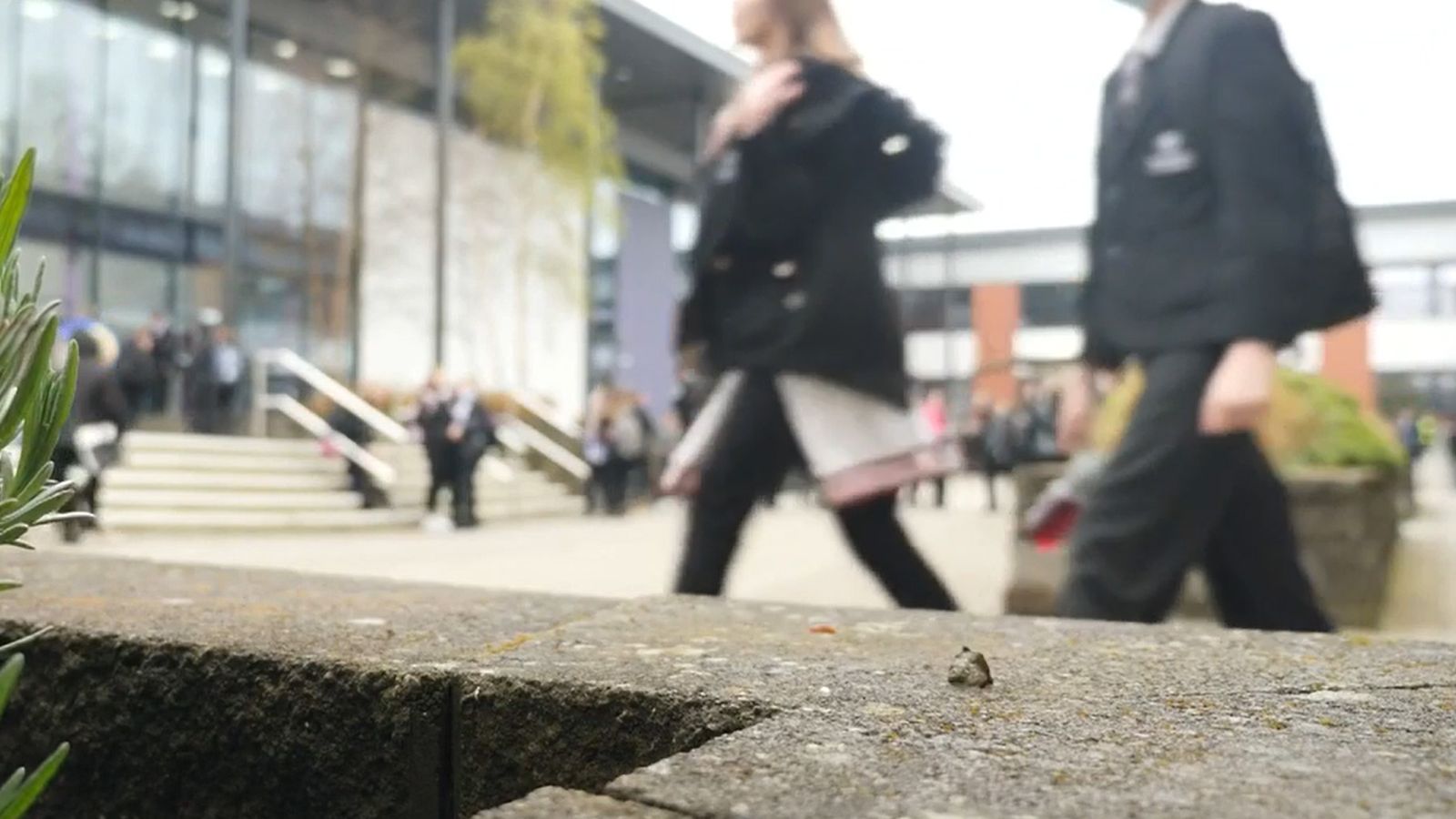Latin will be taught in more state schools as part of a new government scheme to end the “elitist” perception of the subject.
Classicist Mary Beard has hailed the move, which will see £4m in funding for the Latin Excellency Programme (LEP) before a review in 2026.
Prime Minister Boris Johnson is known to be a proponent of Latin, having studied classics at Oxford.
The LEP will try to increase the number of pupils taking a GCSE in the language of the Roman Empire.
It will also include “visits to Roman heritage sites to give pupils a deeper understanding of classics, and life in the ancient world”.
Announcing the move, the Department for Education said it was following the model of the Mandarin Excellence Programme.
This scheme, launched in 2016, now involves 75 schools nationwide, and has more than 6,000 pupils heading towards fluency in the language. Another £16.4m has been committed to further the project.
Education Secretary Gavin Williams said: “We know Latin has a reputation as an elitist subject which is only reserved for the privileged few. But the subject can bring so many benefits to young people, so I want to put an end to that divide.
“There should be no difference in what pupils learn at state schools and independent schools, which is why we have a relentless focus on raising school standards and ensuring all pupils study a broad, ambitious curriculum.
“Latin can help pupils with learning modern foreign languages, and bring broader benefits to other subjects, including maths and English.”
Currently, Latin is only taught at 2.7% of state schools at a key stage three level.
This compares to 49% of independent schools.
The LEP will be led by a “centre of excellence”, which will work with as many as 40 schools to create resources for teachers and students from year seven to year 11.
Teaching will start next year.
Classics professor and broadcaster Mary Beard said: “I am absolutely delighted that the DfE will be supporting Latin in schools and helping more pupils to have the challenge and fun of learning about the ancient world.
“Latin is an extraordinarily enriching subject. It gives you direct access to some of the most inspirational literature in the western world (from Virgil’s great epic Aeneid to the historian Tacitus’ critique of the corruption of power and the subversive counter-culture of the poet Ovid).
“Studying classics opens up history to us – from early dramas, that 2,000 years on are still part of the theatrical repertoire, to some foundational philosophy, from democracy to empire, from powerful rulers to the enslaved.
“But it’s not just about the past. Studying the ancient world helps us look at ourselves, and our own problems, afresh and with clearer eyes.”






















